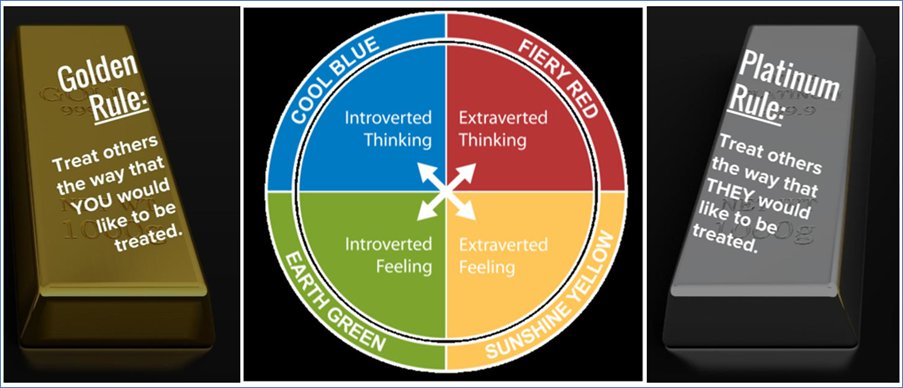In his latest opinion piece, CEO of Coastline Housing Allister Young talks about the importance of diversity for business and our wider society.
A week is a long time in politics, especially where Donald Trump is involved. Not even the BBC can keep up. Last Friday they published this helpful list of the 17 things the Trump administration did over the course of the week. But it started as a list of 15, before they hastily had to add another two things, including revoking Biden’s security clearance… But regardless, I’m going back to the previous week, and the events following the tragic air crash in Washington DC on 30 January. Because, outside of any learning points about air travel safety, there is a very important wider point that has been bothering me since Donald Trump shared his thoughts after the crash.
Donald Trump started his press briefing by sharing his condolences for the families of the 67 people that died. But he then shifted his focus, and spoke out against “diversity, equity and inclusion" (DEI in the USA, more commonly EDI in the UK), blaming EDI programmes in the US government for the disaster. He claimed that because of these EDI programmes, the government wasn’t hiring the best people for the job, implying that this meant the air traffic controllers weren’t up to task and had caused the disaster.
That’s a pretty drastic reimaging of what EDI programmes are designed to do, and of what the evidence suggests they achieve. If you look back to the days of ‘Mad Men’ and ‘SAS Rogue Heroes’, you’d think that the people who are best at everything are white men. Except that obviously isn’t the case. It’s just that other people didn’t tend to get a look in. Or if they did, like the three African American woman who were instrumental in doing the hard maths to enable the American moon landings, they were very much kept in the background and not given any credit (that’s why the story of what they achieved is called ‘Hidden Figures’).
What EDI programmes are designed to do is to make sure everyone gets a chance to fulfil their potential. To make sure the best people get a chance to do a job, regardless of their gender, skin colour, religion, or any of the other things that might lead to people being biased against them. So an effective EDI programme wouldn’t result in less skilled air traffic controllers. It would result in the people with the best ability to do the job getting a chance. An effective EDI programme would result in safer air travel, not more air crashes.
It’s in large part because of our values that we focus so much on equality, diversity and inclusion at Coastline, but it’s also good business practice. We’re passionate about delivering ‘great homes’ and delivering ‘great services’ for our customers, which we can only do if we have ‘great people’. And the more open we are in our thinking, the more likely we are to attract, develop and retain great colleagues.
Honestly, I think it’s kind of obvious. Back in 1960s, in limiting its hiring for the moon-shot programme mainly to men, the US government was cutting out about half of the potential pool of talent. In limiting its hiring to mainly white people, it cut out a further 1 in 8 of its population at the time. And don’t forget, even if the government had decided to be more open minded, it would still have been stuck, because those non-white non-men wouldn’t have had much of a chance of going to the best universities to develop their knowledge and skills.
The evidence backs up the benefits of focusing on EDI. Research by the Boston Consulting Group showed that gender diverse and ethnically diverse companies were 15% to 35% more likely to produce above average financial returns. Why? Just think about all those different viewpoints and insights that you can access if you have people in your team who have had different life experiences. It’s incredibly valuable, and can help you avoid what’s called ‘group think’, where everyone agrees on what the problem is, and what the best solution is.
There are other sorts of diversity to be aware of as well that are less visible. Such as the ‘Insights’ programme that is a core part of our culture here at Coastline. It helps us understand better how we experience and respond to the world around us. But just as importantly, it also means we can better understand others. It opens our mind to the diversity of other people’s thought processes and preferences, helping us move from the Golden Rule of ‘treat others the way they want to be treated’, to the Platinum Rule of ‘treat others the way they want to be treated’.

To illustrate all of this, let’s think about football for a moment. Liverpool fans used to have a song devoted to a favourite player - Jamie Carragher, a defender who played 737 times for the team and was vice-captain for ten years. “We all dream of a team of Carraghers”, sung to the tune of The Beatles ‘Yellow Submarine’. A team of Carraghers would have been passionate, hardworking, probably good craic down the pub, even sometimes skilful. But make no mistake. It would have been an awful football team.
